BTS and BLACKPINK Songs that were Banned in Korea
- byT.Sapphire 💙
- 1 year ago
- 0 Comments
- 5mins
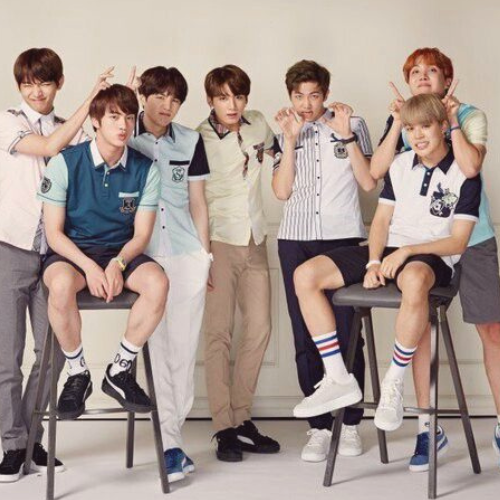
Although K-pop has taken the world by storm with its vibrant music, jaw-dropping visuals, incredible choreography, fan meetings, exciting tours, and many more, some K-pop songs have faced bans due to various standards.
The reasons for this censorship are not far-fetched as they include explicit content, safety concerns, cultural sensitivity, advertisement regulations, violence, and more.
It’s a known fact that all professions have their own ethics; the media world is inclusive. Moreover, broadcasting standards are influenced by cultural norms, governmental policies, and the desire to maintain a clean media environment for everyone, so these bans are not unexpected once in a while.
Just because they are the most popular K-pop groups (male and female), here are 8 BTS and BLACKPINK songs that were banned in Korea and the reasons behind their ban or restrictions by broadcast channels.
BLACKPINK
Boombayah
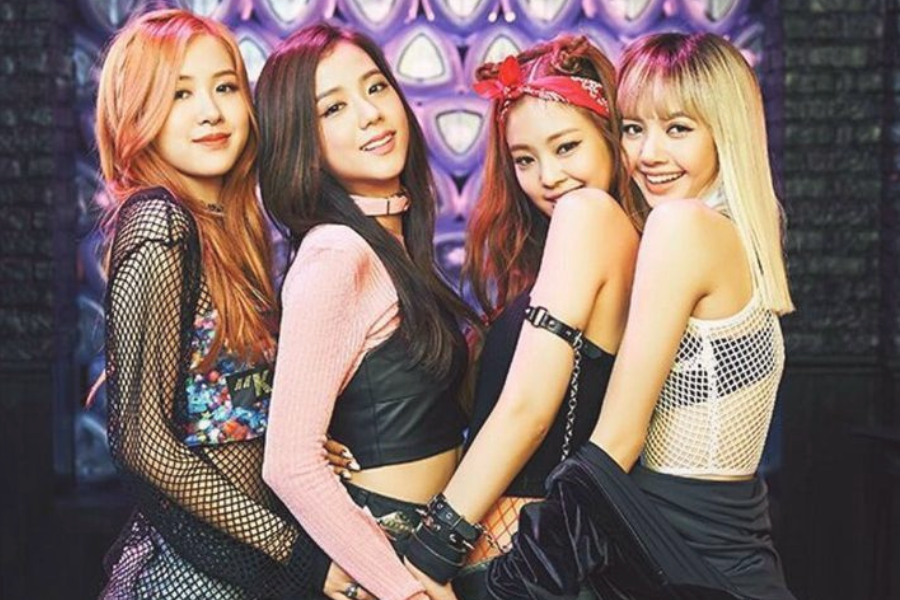
Boombayah is a song released in 2016 by the girl group BlackPink however, it was flagged for inappropriate content as it had lines that included “Middle finger up, F U pay me.” Not only that, its reference to an alcohol brand "Henny" (Hennessy) did not go down well with the broadcasting company.
See U Later
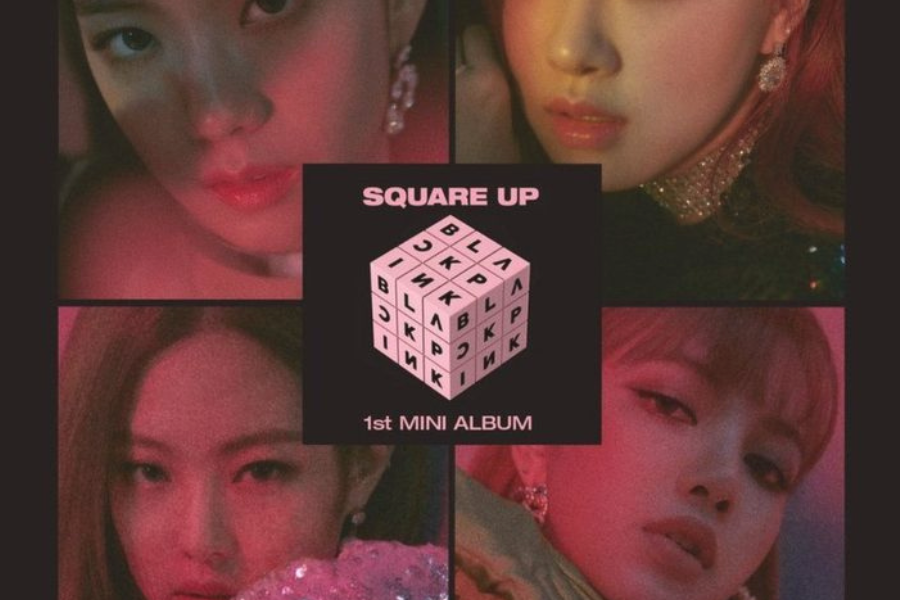
Another BLACKPINK song that faced a ban was the 2018 song See You Later. The song was banned for profanity, as it used a somewhat aggressive tone, which conflicted with the standards of broadcasting stations.
Tally
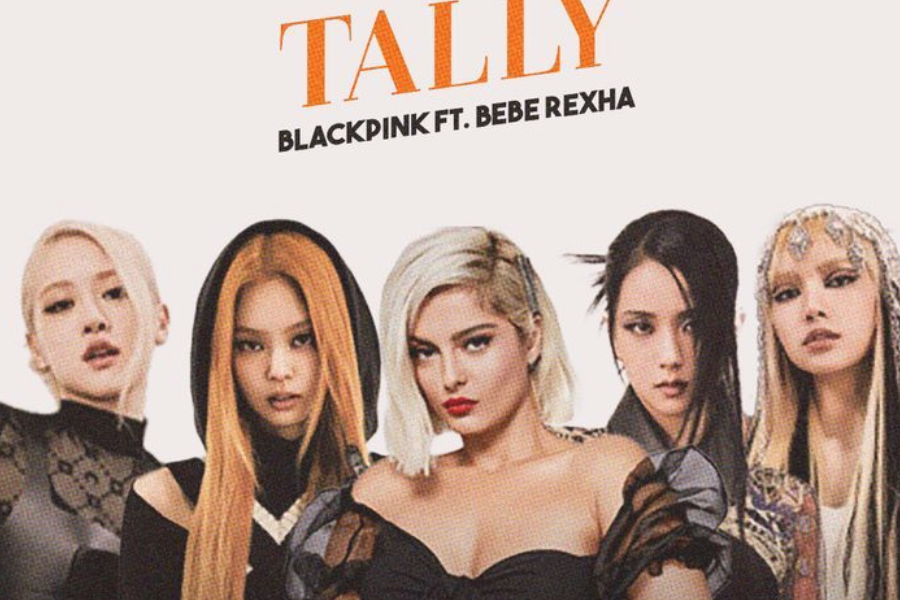
Tally is one of the songs in the 2022 released second studio album of BLACKPINK. was censored for several inappropriate phrases used in the song.
Kill this Love
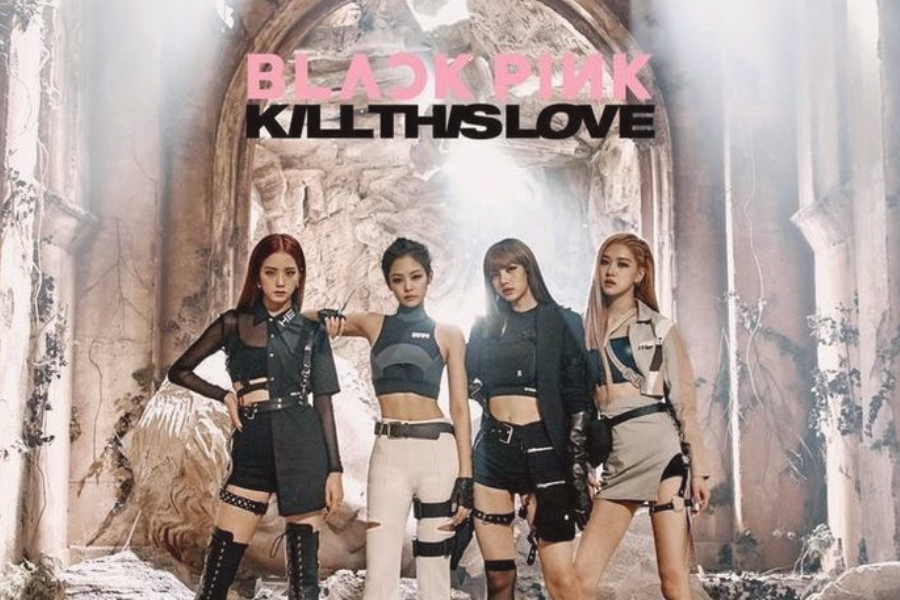
Kill This Love is a Blackpink Extended Play released in 2019. However, it was banned for safety concerns and cultural sensitivity as a group member did not use her seatbelt while exceeding the speed limit and stood in front of a moving vehicle in the music videos.
BTS
Cypher P.t.3.: Killer
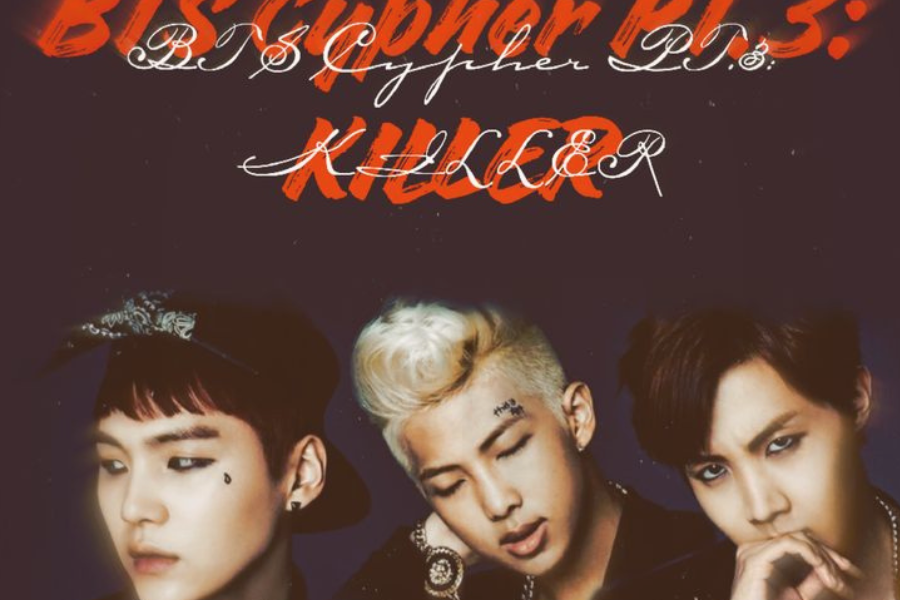
In 2014, BTS released their debut studio album Dark and Wild, but one of its songs, Cypher P.t.3: Killer, faced censorship issues because of its use of explicit language, inappropriate references, and mentions of brand names.
Converse High and Dope
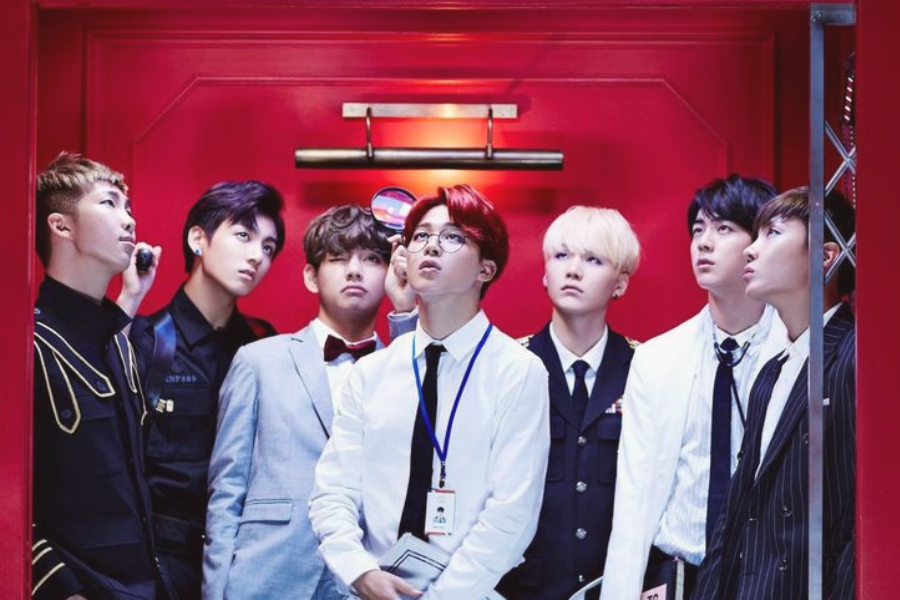
Converse High and Dope are songs from the album ‘The most beautiful moments in life’ released in 2015. While the former was banned for mentioning luxury brand names, which is a major concern in the Korean media, the latter was banned for vulgar lyrics.
Ma City
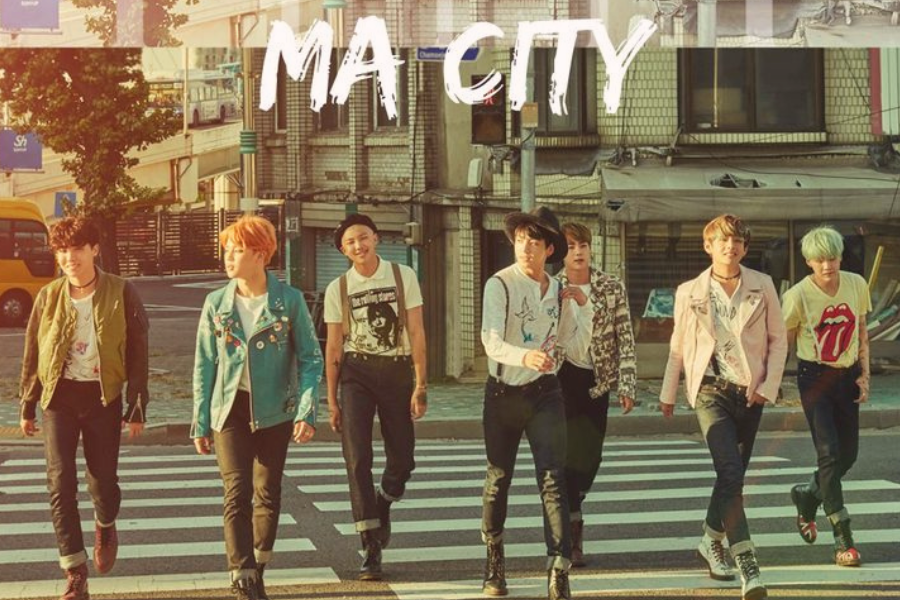
Ma City is a song in the second album version of The Most Beautiful Moment in Life: P.t. 2. The song was banned from broadcasting because of its reference to a brand name even before its full version was released.
Boyz With Fun
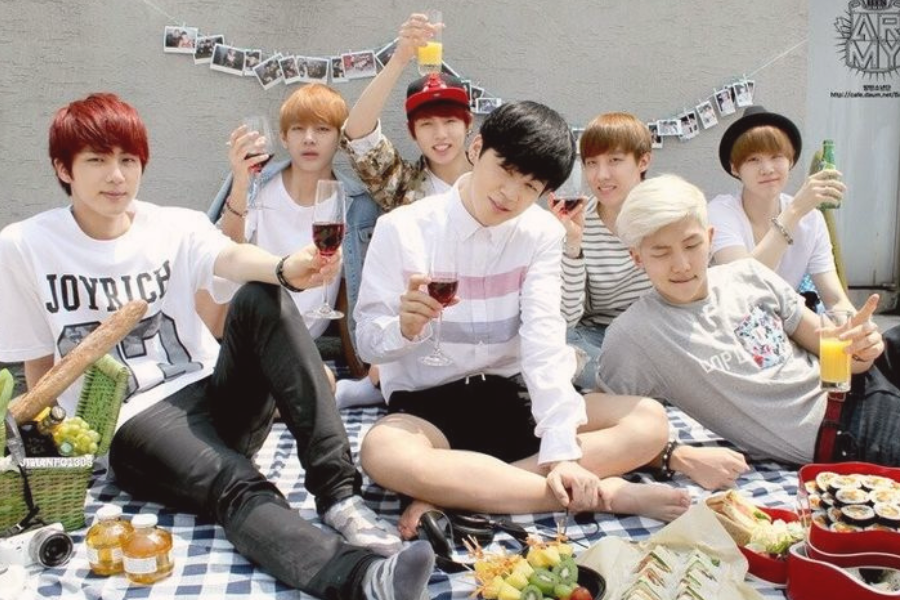
Boyz with Fun song in 2015 was banned from broadcasting because it mentioned a Chinese phrase that sounds like a Korean curse word
Although bans can limit a song’s domestic reach, their ban can generate curiosity and boost international attention, which is why most of these songs do well internationally.
Regardless, the conflict between domestic rejection and international acceptance sometimes leaves me questioning the two sides of societal standards. Was any one of these songs your fave at any time? Let me know in the comments!
Tags:
T.Sapphire 💙
T. sapphire is a writer who found her love for the Hallyu wave after watching the historical drama “Jumong.” She is mainly interested in Korean dramas and the history of Korea at large. Explore her pieces as she takes you on a journey through K-Drama recommendations and keeps you informed about the history of the Korean people.
0 Comment(s)
Related Posts
Daily Newsletter
Get all the top stories from Blogs to keep track.
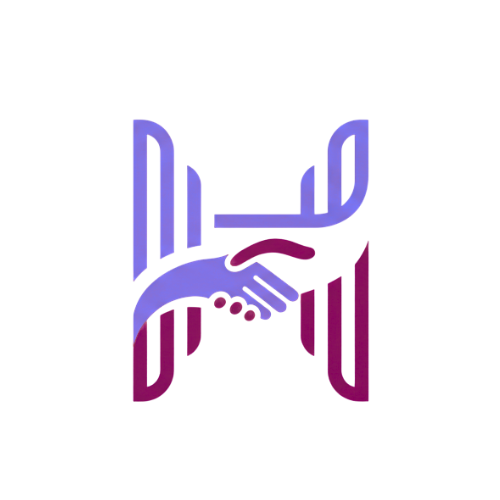
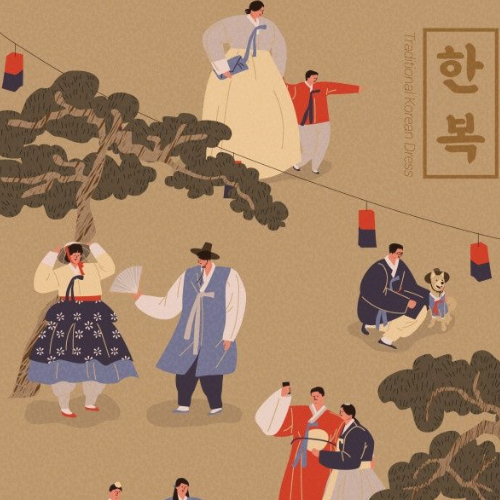


Leave a comment